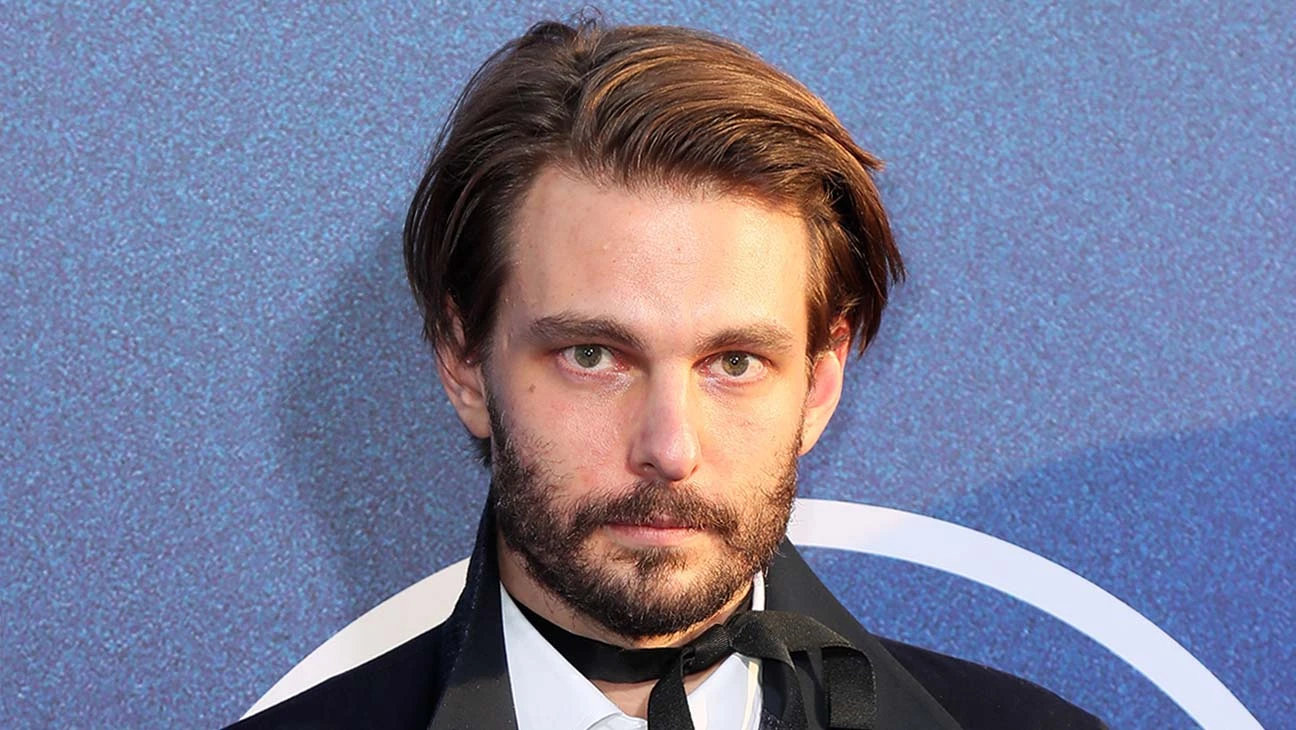Sam Levinson is the male straight of white who is the driving of HBO’s hugely successful program, Euphoria, which just ended its second season.
In the days following the premiere of the show’s second season there were a number of debates about Levinson’s original plans regarding the direction his characters took emerged. While the actors in the show, Barbie Ferreira and Sydney Sweeney have been able to address these claims, the scrutiny paid to Levinson’s choices in his writing led me to consider the leadership duties he is required to fulfill to fulfill as the sole author.
Good Leaders Know When To Ask For Help
Based on his own personal experiences with drugs addiction, one would expect Levinson to have created a straight white male for his character. Instead, he came up with Rue Bennett, a queer female biracial. What is the significance of such a choice? What do these implications mean regarding Levinson as a creator for being an expert in his field and as a person who enjoys an enormous amount of privilege that he is competent to convey the voice and portray the experience of a character that is so different from himself?
Anyone can write from any viewpoint as long as the story the characters go through can be one the author is able to convey. Levinson is able to tell the story of teens who are struggling with addiction to drugs and that is the reason the episodes he has devoted to the issue are among the most powerful in the show. However, Levinson extends his writing beyond the issue of addiction, and into the realm of sexuality, gender and race. While Levinson has his own unique sexuality and gender, which is his right to explore but one wonders if Levinson is the best person to speak out for those who are struggling with the negative effects of being marginalised since he’s never experienced these effects for himself.
To be credited to Levinson The 10th episode in Euphoria’s first season is distinct from the main series by giving a unique insight into the character of one of his, Jules, relationship with her trans identity. Hunter Schafer, the trans woman who plays the role of Jules wrote the episode along with Levinson clearly while clearly defending his visionary ideas, Levinson knows when to talk to the people whom he’s writing about to tell their story in a clear and convincing manner and with authenticity. In addition, Zendaya is acknowledged as executive producer of the entire show, which suggests that Levinson considers her an resource when it comes to making a character which he doesn’t have much in similar to.
Where Sam Levinson Went Wrong
The fact is that Levinson’s choice to expand his characters as part like an ensemble cast and still being the show’s sole creator which has led to an apparent decline in the overall quality for the show that confirms my initial reservations about Levinson’s desire to be an all-encompassing voice. Although Rue as well as Jules can be described as well written, multi-faceted and interesting, but flawed, sympathetic characters Levinson is also creating a number of superficial archetypes for the minor roles and is unable to transform the characters into unique ones.
For two instances The hypermasculine, insecure, entitled, rich high school football player, Nate Jacobs, who has anger issues and issues with homophobia that she internalizes. Then there’s the self-sexualised, hyperfeminine blonde bimbo who is self-destructive and self-destructive, Cassie Howard, who is adamant about her self-worth based on masculine acceptance. Nate and Cassie aren’t like anything we’ve seen before, and they are a natural couple. While Levinson obviously wants us to appreciate the justice they receive at the end of the season but I was left being a bit sad for them rather than enjoying the show.
We’re presented with a variety of criminal acts for which Nate and Cassie should be held accountable, such as drinking and driving, domestic violence, assault, and blackmail. However, in a way that is confusing, Levinson chooses to punish Nate and Cassie for those aspects which make their characters fascinating. We are urged, as the audience, to clap along with the most likable characters on The show while they confront Nate and Cassie’s worst fears or, in other words only those aspects of them that they are least able to control such as their sexuality and gender.
In a jarring recasting of the victimized, Nate calls out his homophobia by exposing his bullies. He becomes the second antagonist of the series to to advocate for gay rights. Hollywood is known for its long track record that has been transgender-friendly villains which is why it’s a bit disappointing to witness Levinson repeating the same pattern in the present.
Levinson says that Nate’s potential sexuality along with Cassie’s wild femininity may be the cause of their issues, dipping into uncharted territory because of his personal experiences. The show is the result, in the end giving the highly negative message that one are able to be intolerant or homophobic toward anyone if they’re a negative person who commits bad acts.
Levinson’s second season is jam-packed with action and drama, however it is not a lot of thoughtful, intriguing direction for the characters. This implies that, even most gifted leaders require support from an ensemble of different people to ensure the longevity of an ongoing series such as Euphoria that tackles these huge, intersecting issues.
The Fear of Being Cancelled
In the age of gatekeeping, cancelling culture and performance-based activism Leaders who are people belonging to the dominant demographics of their respective industries are hesitant about being in positions of leadership over minorities. The anxiety to be accused defaming or cultural appropriation or blocking out voices of minority groups is being expressed by the elites of the creative industry that are traditionally comprised of privileged individuals who have liberal views. I am wondering if Sam Levinson’s efforts to create such a wide character range stemmed from his own fear of having a white straight male who was in charge, and being compelled to be replaced by an biracial, queer woman.
The comedians are especially attracted by the idea of exploring this issue through their work. They either reject the concept of political correctness and dismiss it as a method of censorship, and cite the danger of waking up to every comedy genre, or employ it as a necessity to work in their fields without fear of repercussions. One excellent example is in Bo Burnham’s comedian critically acclaimed Inside (2021) In which he confesses in beginning of the program that people who are like Bo Burnham had “had the floor for at least 400 years, so maybe I should just shut the fuck up”, before getting into the remainder of his deeply reflective one-man show. However, that’s not the point. Burnham is caught in this tangled mess, not knowing whether he ought to use his power to improve the world as a area or not. However, he is not able to solve the problem other than bringing it to the forefront.
This fear stems from the misconception that creators who come from wealthy backgrounds will be dismissed and eventually canceled, just because they’re wealthy. It seems that they’ve developed an assumption that, since their creativity isn’t stifled which, in turn doesn’t appeal for audiences looking for different perspectives. This isn’t the reality. Even those who are thought to be to be a real threat to society are able to see their work ordered and receive prizes, and get praise and opportunities to keep spreading their negative propaganda.
What is the source of this stress? originate If there aren’t any actual penalties for those who contribute, whether deliberately or inadvertently, to the marginalisation and discrimination of others due to their actions?
A better question might be why people feel that they need to speak about the fear in the first place? Becauseat present this discussion is used to excuse people in positions of privilege to avoid trying to improve the situation. It’s much more convenient to be a victim or avoid having to engage in the conversation rather than face your own insecurities and work to make a change.
What Can Levinson Do To Change?
The popularity in Euphoria is what has brought Levinson into the spotlight however, an examination of his earlier work reveals him to be with similar bad decisions. His film from 2021, Malcolm and Marie Malcolm and Marie, was critiqued for making use of black characters in the role of “shields” for Levinson to confront his critics behind. The film employs black voices to talk about his white issues and compares the experience of a black person employed in the movie business with his own.
It’s possible that Levinson is suffering from the same anxious guilt that Bo Burnham addresses in Inside and is worried that his experiences aren’t fresh enough for the current audience. However, we’ll continue to be awed by these stories for the duration that they are intriguing to us. We’re all enthralled by the struggles of the majority demographic and its portrayal as tragic in films such as Fight Cluband Joker as well as humorous in shows such as The Successionand it’s always Sunny It’s Always Sunny in Philadelphia. Yet, Sam Levinson prefers to play to his audience rather than confront his dependence on minorities to be deemed an influential figure in the creative industry.
Euphoria has contributed to the revolutionary growth in representation of lesbians on TV as well, so it’s difficult to deny the value of Levinson’s work however, if he wishes to continue to portray the entiretyof his characters with authenticity, Levinson has to diversify his writing team.
Source: theindustryleaders.org/post/sam-levinson-hollywood-s-latest-controversy


















